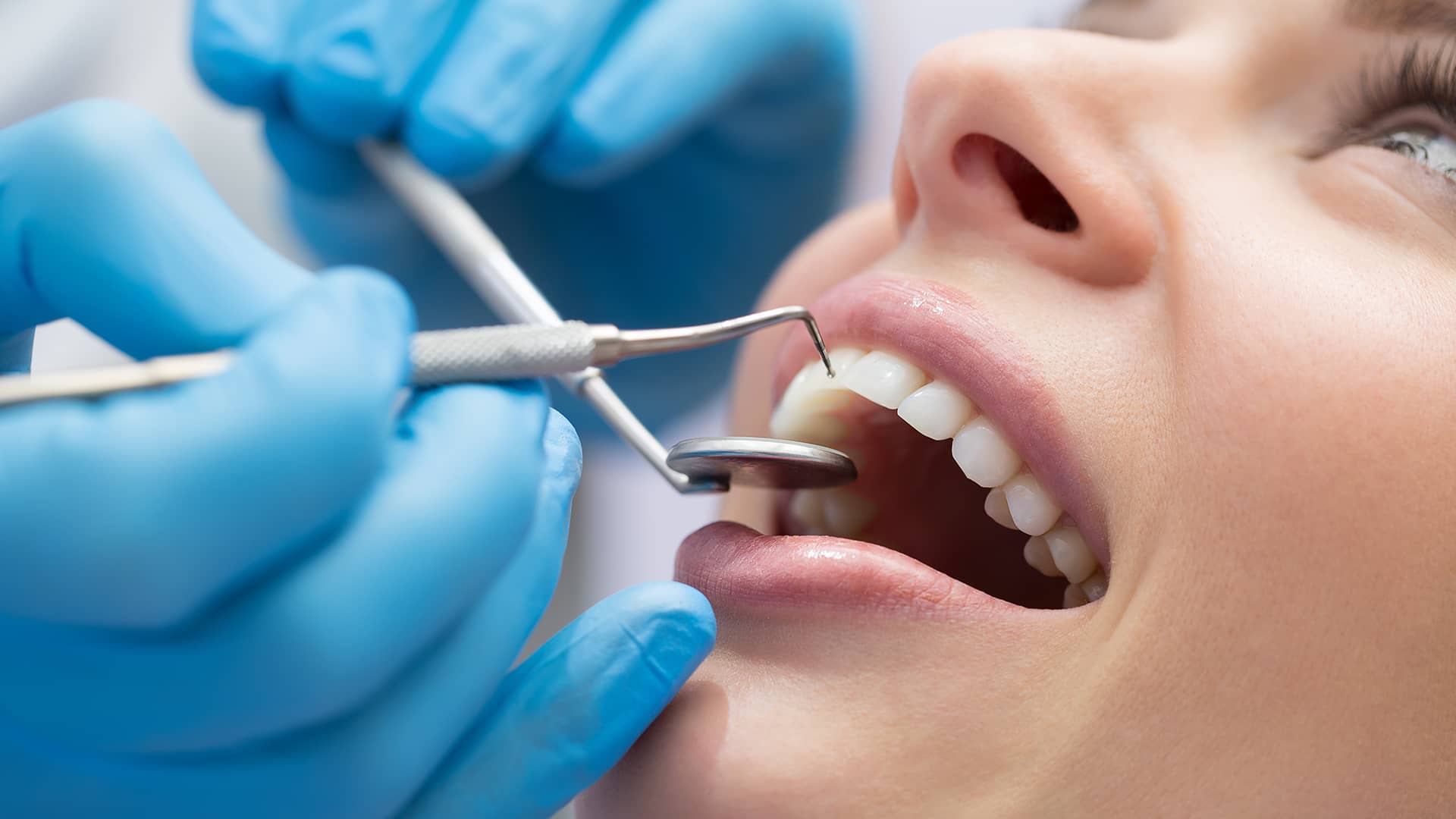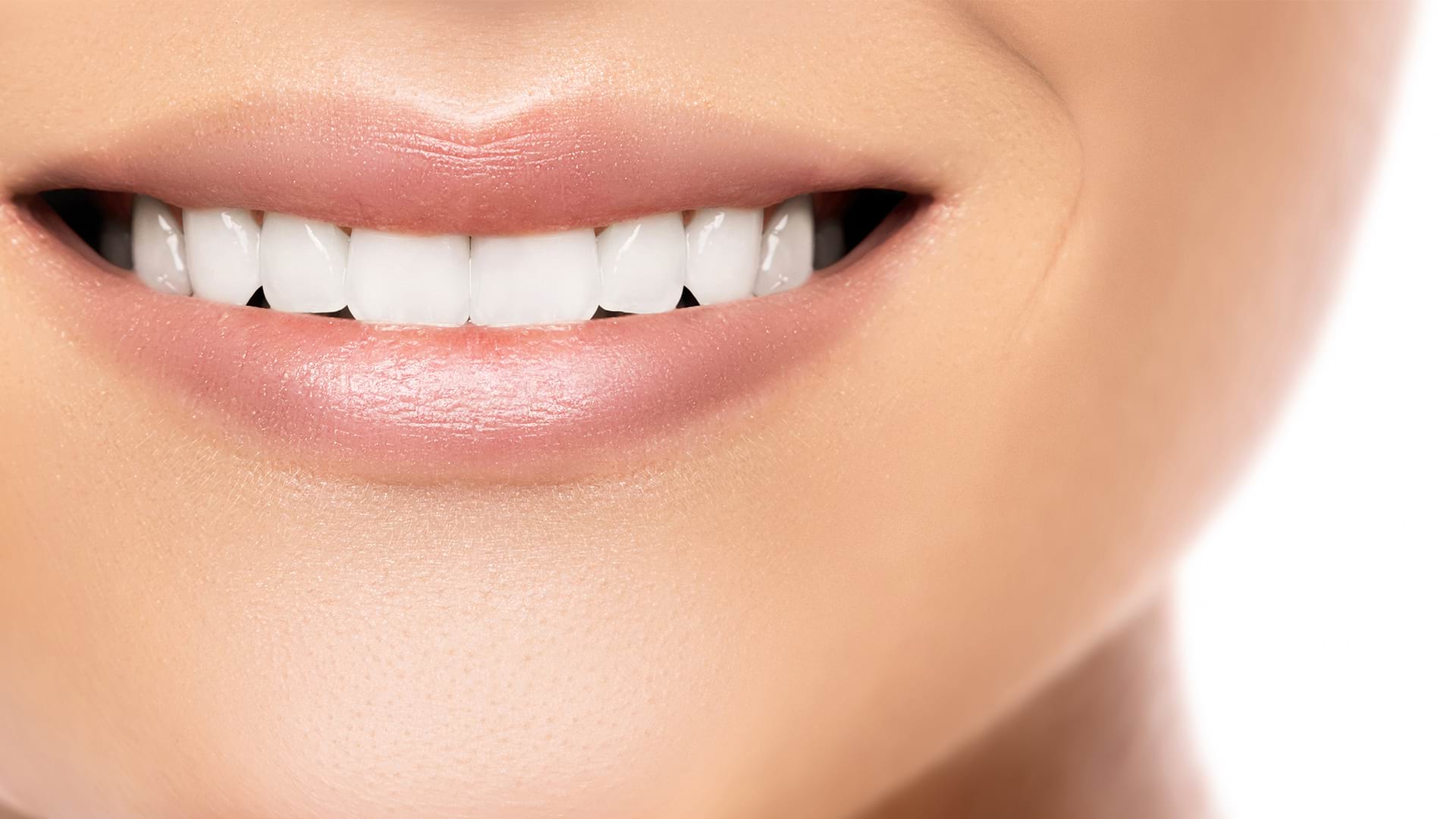

Dental treatment is a broad field of medical practice aimed at diagnosing, preventing, and treating various oral and dental health issues. Dental treatments aim to meet a wide range of needs, from aesthetic concerns to serious health problems. Here are some of the key treatments and procedures performed in this field:

Decay occurs as a result of inadequate oral hygiene and the consumption of sugary foods. In its early stages, it can be treated with fluoride applications. As it progresses, fillings, crowns, or root canal treatment may be required. Regular dental check-ups are essential for prevention.
Detailed Information
Commonly known as the habit of clenching or grinding teeth, bruxism often occurs subconsciously. It tends to increase during stressful periods. Treatment methods aim to prevent tooth damage and reduce associated pain. If necessary, patients may be referred to sleep specialists or therapy.
Detailed Information
This procedure is applied to severely decayed or infected teeth. When decay reaches the nerve tissue of the tooth, the infected pulp must be removed. Under local anesthesia, the root canal is cleaned, disinfected, and filled. Treatment duration typically varies between 30 to 90 minutes.
Detailed Information
These are fixed prosthetics made from durable metal alloys. Porcelain is layered over the metal base to provide natural tooth form and color. They are an economical, long-lasting, and resilient option. The application process generally takes between 3 to 10 days.
Detailed InformationDental treatment is performed to maintain oral hygiene, treat cavities, prevent tooth loss, resolve aesthetic concerns, and address other oral health-related medical issues.
It is practically suitable for every age group. The need for treatment is determined by considering age, overall health status, and specific clinical requirements.
Certain treatments may not be suitable for individuals with specific systemic diseases or medical conditions, such as severe bleeding disorders or uncontrolled chronic illnesses.
Dental treatments cover a wide range of procedures, including simple fillings, root canals, orthodontic treatments, dental implants, and various surgical operations.
The duration depends on the type of procedure and the patient's specific needs. While a simple filling can be completed in an hour, treatments like implants or orthodontics can span months or even years.
Pros: Improves oral health, enhances aesthetic appearance, and eliminates pain or discomfort.
Cons: Costs can be high depending on the procedure, some treatment processes are long, and as with any medical intervention, there is a risk of complications.
Costs are influenced by the type of treatment, the materials used, the dentist's expertise, and the geographic location of the clinic.
We offer a wide range of treatment solutions for your oral and dental health concerns. Every treatment plan is uniquely tailored to the patient's specific needs.
To learn more about your dental health or to schedule an examination, please contact our clinic.

In general, consulting a dentist is the best course of action for any dental concerns. A specialist will prepare the most appropriate treatment plan and provide all the necessary clinical information.
Dental treatment encompasses various medical applications to diagnose, prevent, and treat oral health issues, ranging from aesthetic enhancements to addressing serious medical conditions.